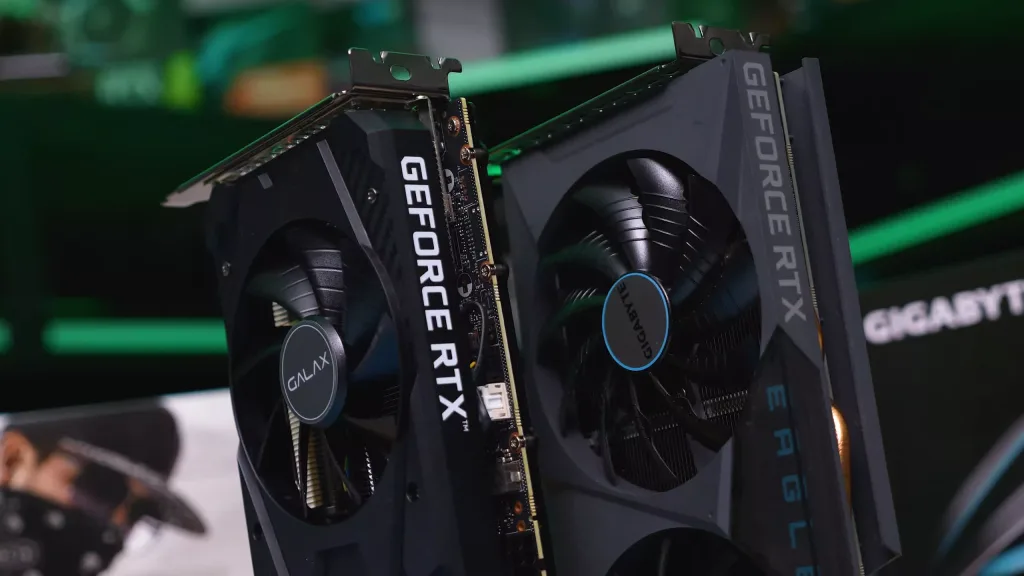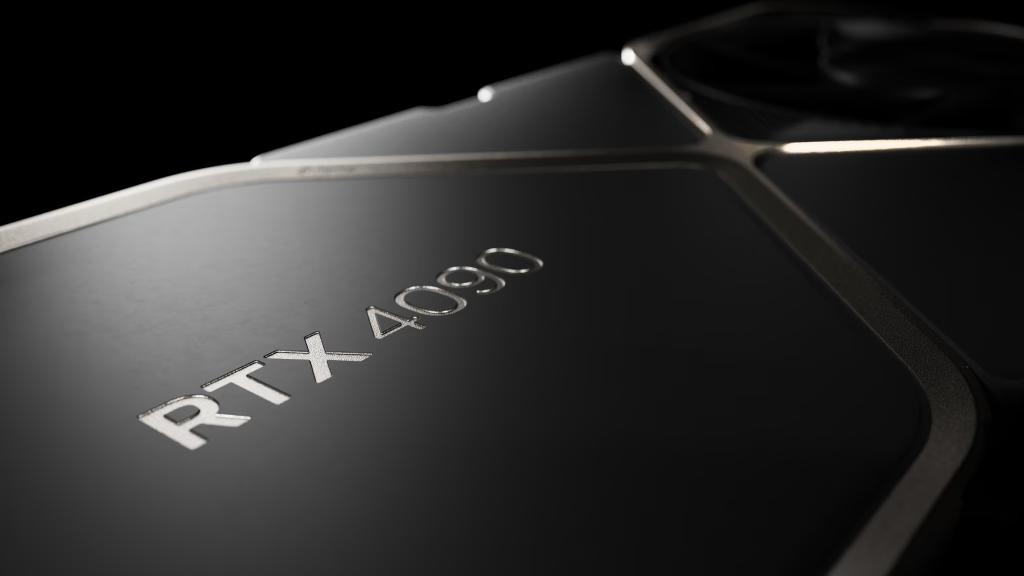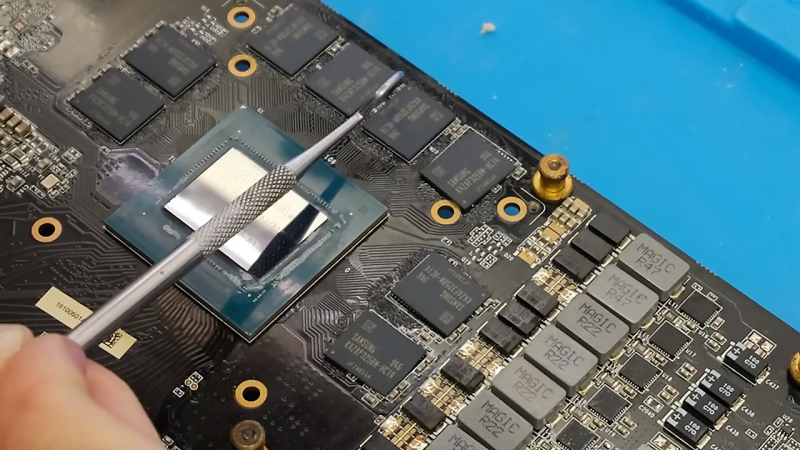32-bit architecture popularized computing in the last century. The next major upgrade was 64-bit architecture where components could handle more data at once, store more computational values such as memory address, access 4 billion times the memory of a 32-bit component, and basically work with chunks of 64 bits of data. Overall, 64-bit components (mainly processors) can address up to 18.4 million TB of memory, which is insane. This allowed PCs to work with higher RAM sizes.
In real-world gaming applications, 64-bit processors might do games better, as games are memory-intensive as well as processor-intensive. So, a game being played on a 32-bit system (the game’s 32-bit variant, to be more precise) will be slower, less efficient, and lower FPS than the game’s 64-bit version being played on a 64-bit system. If the game has no 64-bit version, the performance will be the same regardless of whether your OS and processor are 32-bit or 64-bit. We’ll unpack this in detail in the following sections:
Memory Limits & Address Space
Games are programs that store a lot of temporary information in the VRAM and even the system RAM for immediate access, such as textures and model data. A 32-bit processor can only support up to 4GB of memory (on a 32-bit Windows OS, it’s just 2GB). Please note that this is not a maximum limit on supported RAM capacity. A 32-bit PC can have 64GB of system RAM, that’s not an issue. It’s just that any program can’t create a file to be loaded into the RAM that’s above this limit. It’s a maximum limit on the file size.
Another excellent advantage of the newer architecture is that 64-bit memory has a lot of available address space. The game can load a lot of assets, fragment the memory any which way it wants, and still be left with more addressable space that it can use when another asset needs loading.
Games Might Not Need 64-bit
All that being said, even today, a lot of games don’t really need a 64-bit system. This means that they can run in a low-memory environment. As long as a single file doesn’t breach the maximum memory limit, it’s all good. That’s why you will see a lot of games running in a 32-bit mode even if you are on a 64-bit system (technically, this is a kind of emulation, where the OS pretends that it’s a 64-bit application). As that game simply doesn’t need the higher memory capacities, it’s not been optimized for 64-bit processors.
Games can’t choose to run in a 64-bit mode. They have to be optimized for it. If a game’s executable file is 32-bit, it will run in the 32-bit mode within the larger 64-bit PC. This is completely fine and cannot be changed.
The Memory Highway
Long story short, the key difference between the older and the newer architectures is that the available space for putting more stuff into the RAM is higher with 64-bit systems. For a single game that doesn’t need a lot of memory, it’s totally fine to run at 32-bit. It will work as expected. Even on a 64-bit system, it will keep running as expected in its native 32-bit mode as an emulation. But if the game has both versions, a 32-bit, and a 64-bit, then the 64-bit version can be expected to perform better as it’s been optimized for higher memory usage.
Think of these architectures like a highway – the more lanes it has, the more traffic it can facilitate. Background processes, other apps, and many functions of the games also require RAM. This is the traffic. If your PC needs to do heavy lifting of some kind, such as running a few background apps while you play a memory-intensive game, even if it’s 32-bit, it’s best to have a 64-bit system to have the additional headroom there just in case.
Thankfully, this jump in computational architecture isn’t too expensive. You can get the components at every price point. There are entry-level processors supporting 64-bit computing, for example. The graphics cards using the latest GDDR6X VRAM or higher-speed DDR4 RAM sticks are also available in the entry-level brackets to build a 64-bit system.





